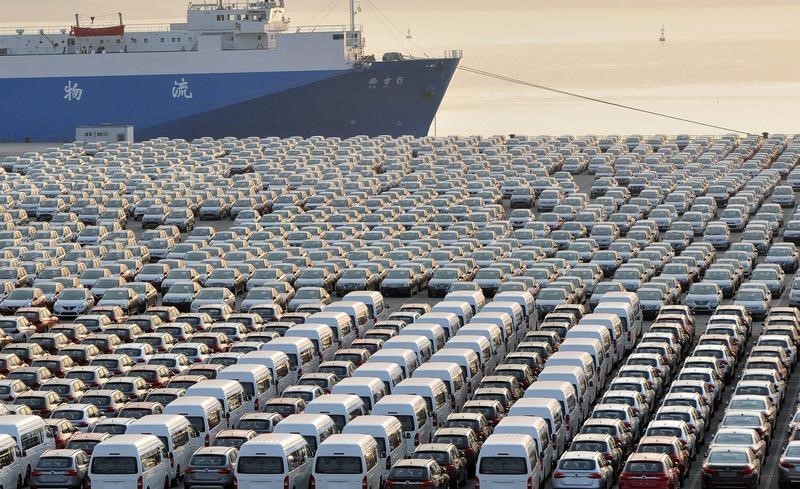By Senad Karaahmetovic
China’s Ministry of Finance said it plans to cut the purchase tax for small-engine cars in half in a bid to bolster car sales and revitalize the country’s economy hurt by strict lockdowns as a part of China’s zero-COVID policy.
The Chinese government said in a statement that it will reduce the purchase tax for cars priced at 300,000 yuan ($45,000) and below, and with 2.0-liter engines or smaller. The move will come into effect from June 1 through the end of 2022.
The tax reduction is one of a series of measures that the Chinese government announced on Tuesday aimed at supporting its economy after its zero-COVID policy weighed on production and demand over the past few months.
Last week, the authorities said they wanted to relieve auto buyers of purchase taxes worth 60 billion yuan after the country’s car market saw a sales decline of nearly 48% last month, compared to the same month last year.
The General Secretary of the China Passenger Car Association said they believe that the tax cut could boost car sales in China by two million units in 2022.
China is also negotiating with carmakers about extending pricey subsidies for electric cars that are due to expire this year and roll back the planned purchase tax hike for qualified electric vehicles (EVs) in 2023.
CLSA analyst Aaron Li said the decision exceeded expectations.
“We consider that this preferential policy covers the vast majority of ICEs, so the scope exceeds market expectations. Combined with recently introduced auto purchase subsidy policy and the policy of ‘Automobiles Go to Countryside,’ we expect auto sales to pick up and the whole industry to post marginal recovery,” Li told clients in a note.
When it comes to major beneficiaries of this decision, Li lists GAC, GWM, Geely (OTC:GELYF), Changan Auto, and SAIC. Additionally, the analyst also outlined NEV startups e.g. Li Auto (NASDAQ:LI), Xpeng Inc (NYSE:XPEV) and Nio (NYSE:NIO), as companies that are likely to benefit from the Ministry’s decision.
